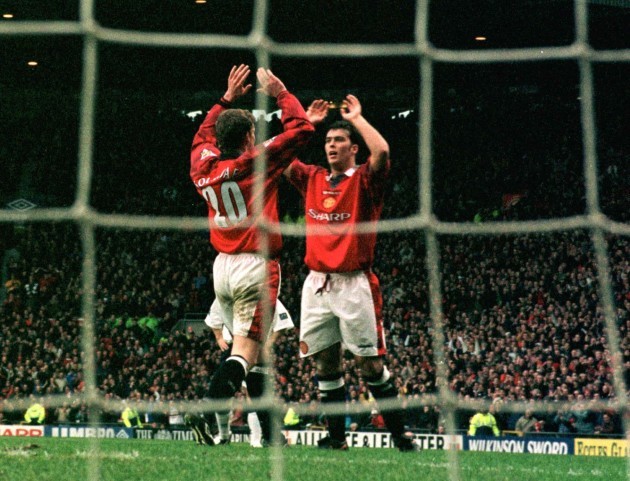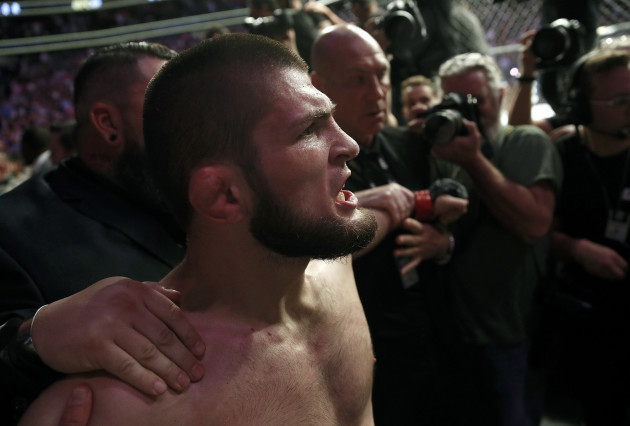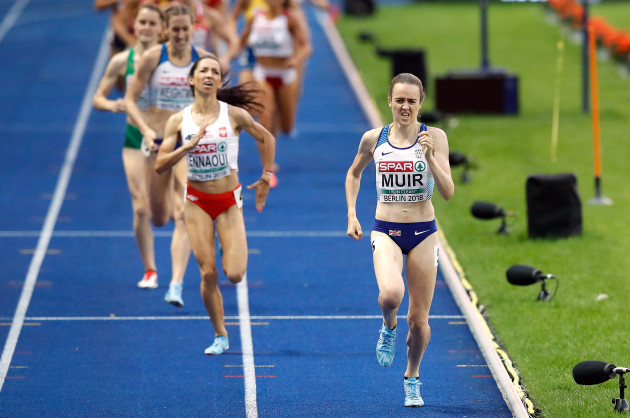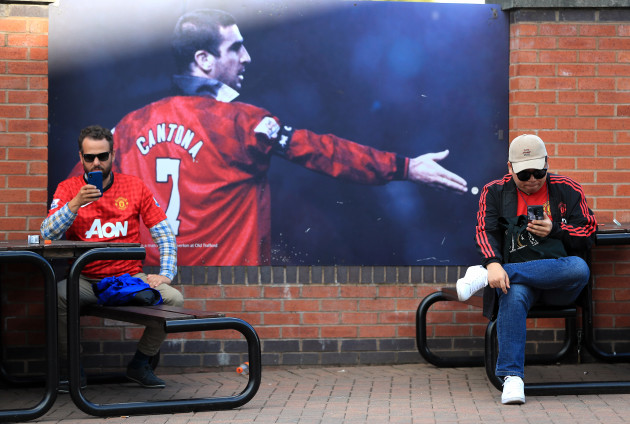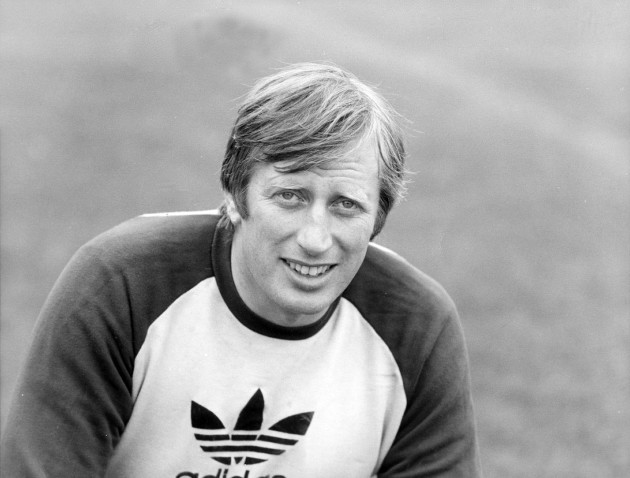1. It was a Sunday get-together that featured Manchester United royalty. Sir Matt Busby was there and so was Nobby Stiles, among others. It was the early 1990s; the venue a wine bar in Sale, and the question was for Stiles, then in charge of the B team at Old Trafford. Who was the best up-and-coming youngster at the club?
Stiles did not hesitate. “Ben Thornley,” he replied. What, even including Ryan Giggs? “Ben is the closest I’ve seen to George Best in all my time at the club,” Stiles said. Busby did not bat an eyelid.
The story of the wonderkid who fails to fulfil his potential for whatever reason is an old one, if invariably sad. Yet Thornley’s has come to resonate more deeply because of his time and place. Everybody knows about United’s Class of 92, the band of brothers who won the FA Youth Cup that year – the club’s first success in the tournament since 1964 – to launch stellar careers. But not everyone knows that Thornley was the best of the lot of them.
“Ben would have outdone us all – that’s the sad part,” David Beckham says. “Without a doubt, he would have been one of the best for United and England.” Paul Scholes describes Thornley as “a step above all of us, he could do everything”, while Gary Neville says he was “one of the most outstanding talents I ever played with”.
From better than Giggs to ‘drinking and drinking’, The Guardian’s David Hytner explores how former Manchester United wonderkid Ben Thornley battled back.
2. Back in 2010, Nick and Nate Diaz achieved cult status by brawling on national television in Nashville, right in the center of the cage after their training partner, Jake Shields, fought in a Strikeforce main event. That particular incident left CBS’s Gus Johnson lamenting to his national audience, somewhat comically, “These things happen in MMA.” Unsurprisingly, the Diazes are both icons in the game now.
The truth is, when all hell breaks loose in MMA, big things seem to follow. McGregor’s second fight with Nate Diaz was trending toward being a top five PPV, but it wasn’t until the water bottles started flying during the UFC 202 press conference that it became guaranteed to be the best-selling fight in UFC history. Dana White always shakes his head and worries aloud about how the Nevada Athletic Commission will drop the hammer on the offenders, but he knows a little lawlessness goes a long way. (He also knows that the NAC isn’t going to punish itself by banishing people who make money for the state.)
Chuck Mindenhall of The Ringer examines how the UFC consistently turns controversy into financial gain.
3. Muir tries to avoid taking any medication in an attempt to be totally natural and clean. “I can count the number of paracetamol I’ve taken in my life on one hand. I don’t like taking anything. There is medication out there that is perfectly fine to take – like paracetamol – but if something is sore I don’t want to mask it. Yeah, you can take something if your achilles flares up but I like to work through the pain.
“Even with protein shakes I take them between the rounds of a championship only because it’s important to recover. During and after training sessions I always just have water and a banana. I don’t have any special shakes. I don’t even drink coffee. I tried it once but it made my heart race.”
Muir sounds scrupulous but how often she is tested by anti-doping officials? “Sometimes you can be tested three times a week. Then a month can pass. In Berlin, at the European championships, I was tested when I arrived and then after the race. So it can be multiple times in a few days or once every month. I’m happy to be tested every day of the year but the problem is when you don’t feel those same principles are being applied to everyone else.”
Donald McRae sits down with Scottish middle-distance running star Laura Muir, who is aiming for gold at Tokyo 2020.
4. Football should be for the people. This does not have to be a utopian idea. There is no reason why the major actors in the game today cannot come together and support the social aspect of football. All of us, whether we are rich or poor, whether we are immigrants or 10th-generation citizens, find the same simple joy in the game of football. We speak the same language. We feel the same emotion.
All the time, I get asked the same questions about my career.
“What was it like playing for those United teams? Why did you do so well?”
People want some kind of complex answer. They want some kind of secret, I think. But the answer is very simple. Sir Alex Ferguson was the master of one thing: Whenever we took the pitch for a match, after hours and hours of work, we were allowed to be free. We felt total freedom to move where we wanted, to play how we wanted.
I could tolerate football no other way.
What is football if it is not about freedom?
Eric Cantona, somewhat fittingly, ponders the meaning of life in The Player’s Tribune
5. There was some fraternisation but it was limited: “There was no hostility between the Gaelic and rugby clubs but we weren’t as close as we should have been, thanks to the divisive GAA ban.”
And then the crysallis moment: a group of student doctors organised a novelty match and a group of GAA players in the college played a rugby match.
And it appears to have been just a riot of fun. Allowing for the fact that the stories from that day have undoubtedly been burnished with time, the one that stands out is where Moss Keane (the Kerry footballer) threw out a pass to Billy Morgan (the Cork footballer) in such a way that Morgan got floored by a tackler.
Morgan and Keane were great friends, but Morgan made it clear what he thought of the quality of the pass: ‘Mossy, that oval-shaped yoke is a ball and you are supposed to pass it and not shovel it out like cow shite from some Kerry dunghill.’
Paul Rouse examines how Moss Keane was at the epicentre of a changing Ireland
Subscribe to our new podcast, Heineken Rugby Weekly on The42, here:
